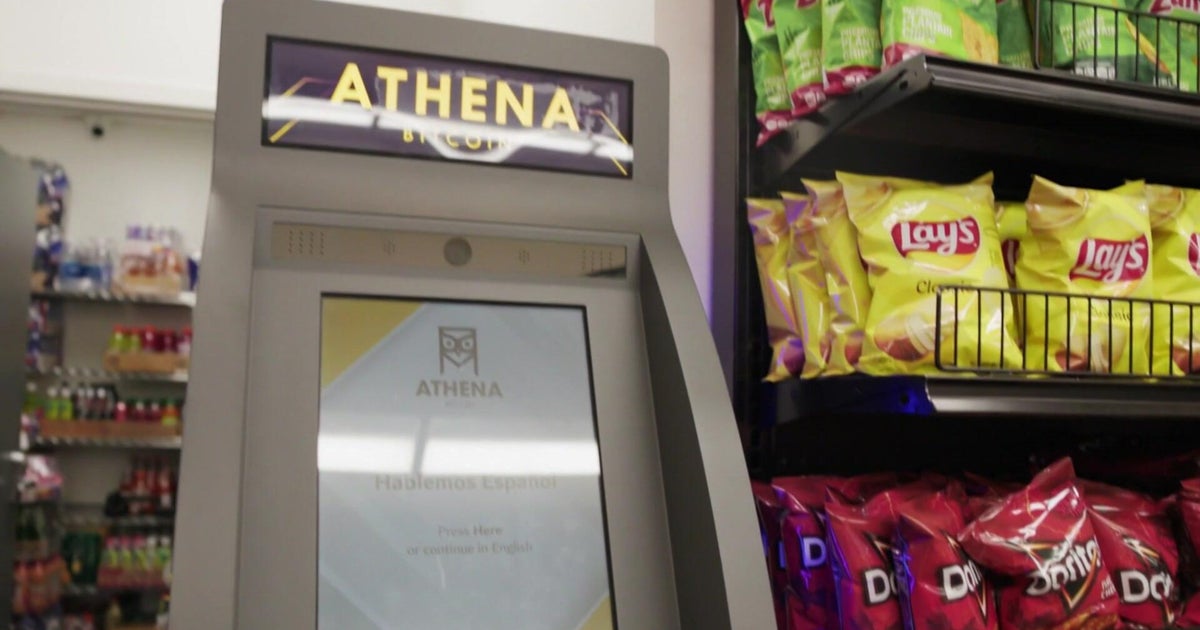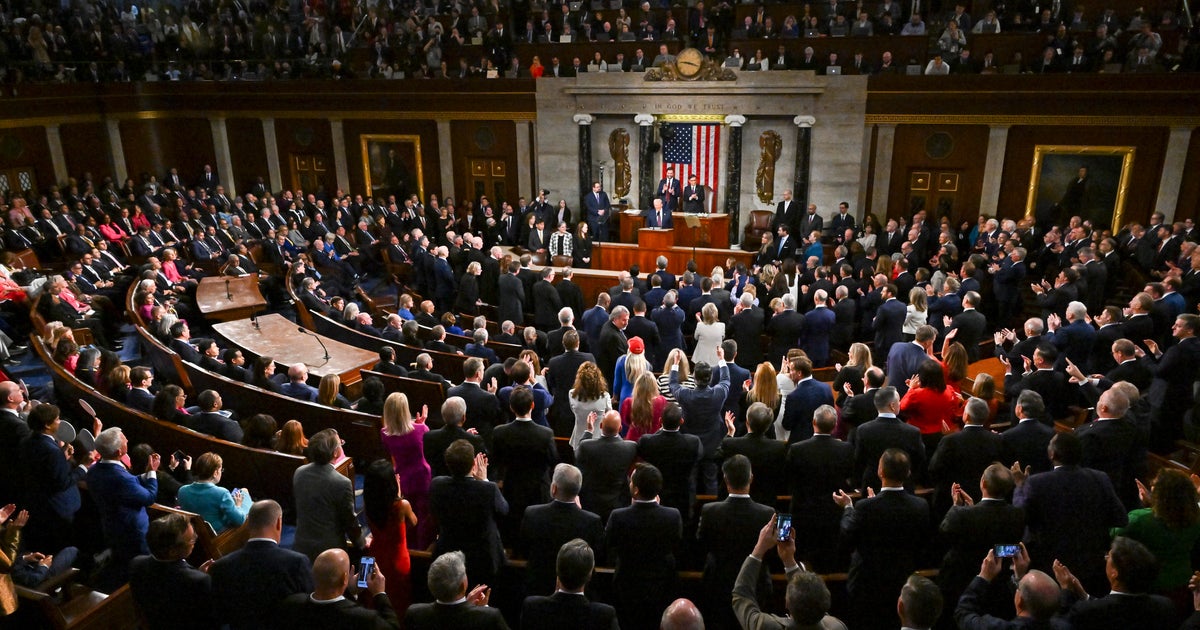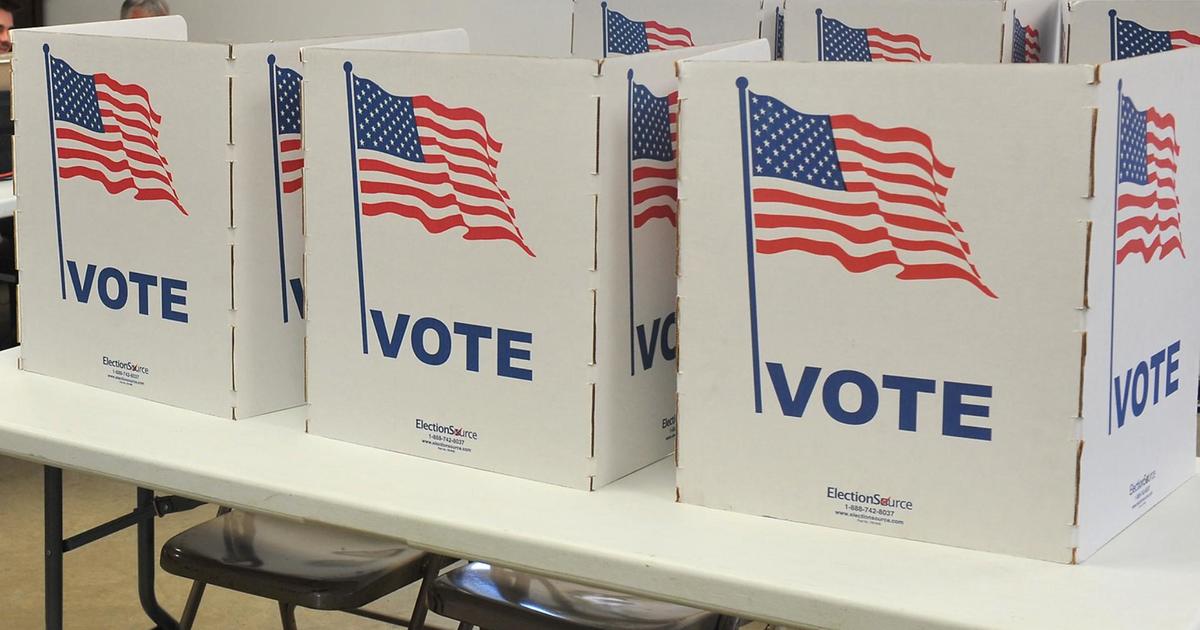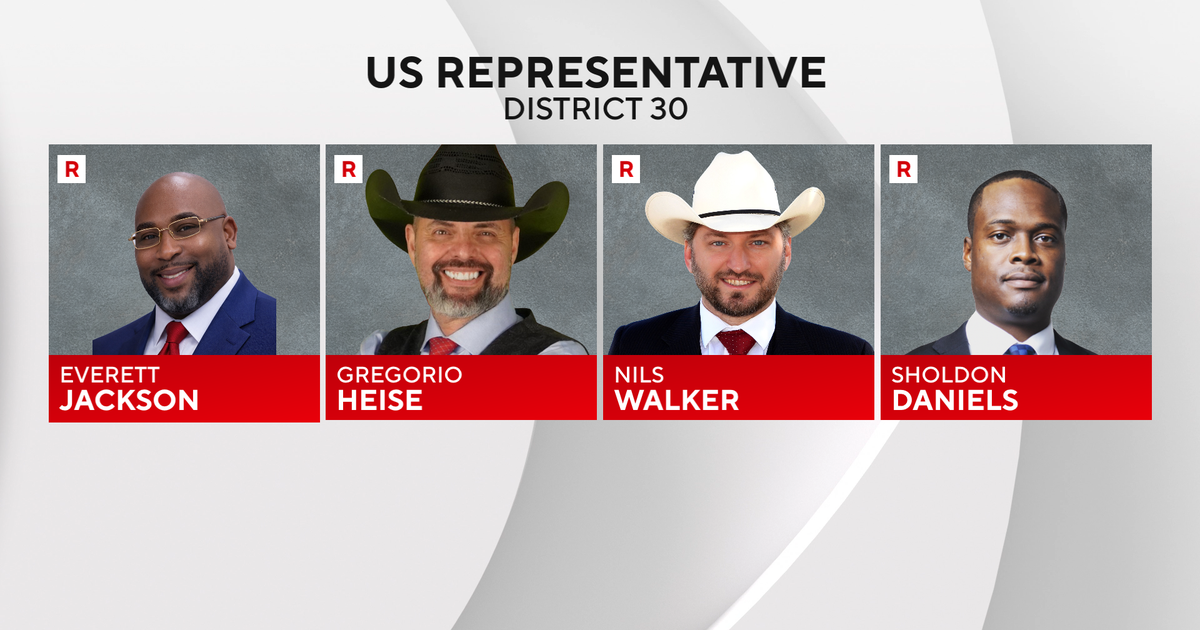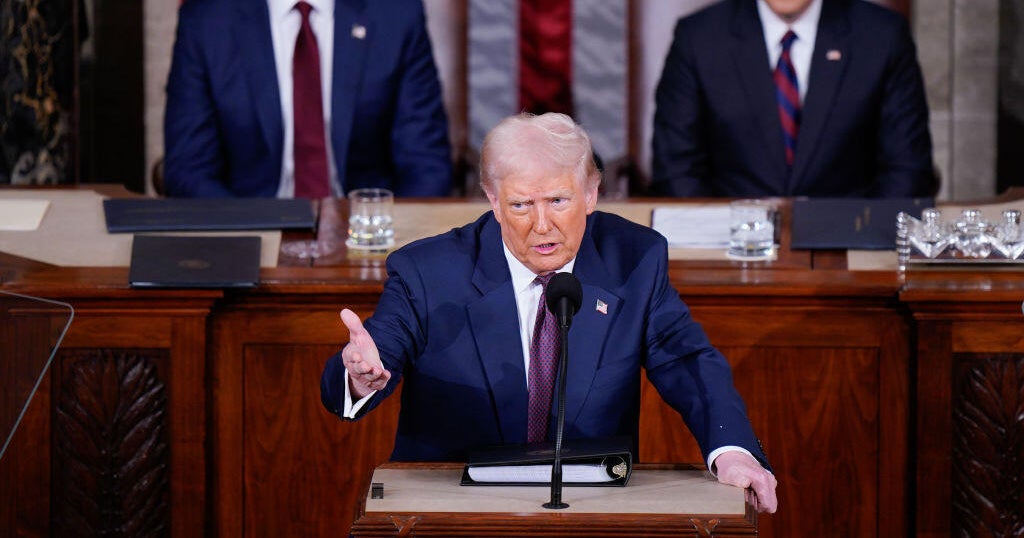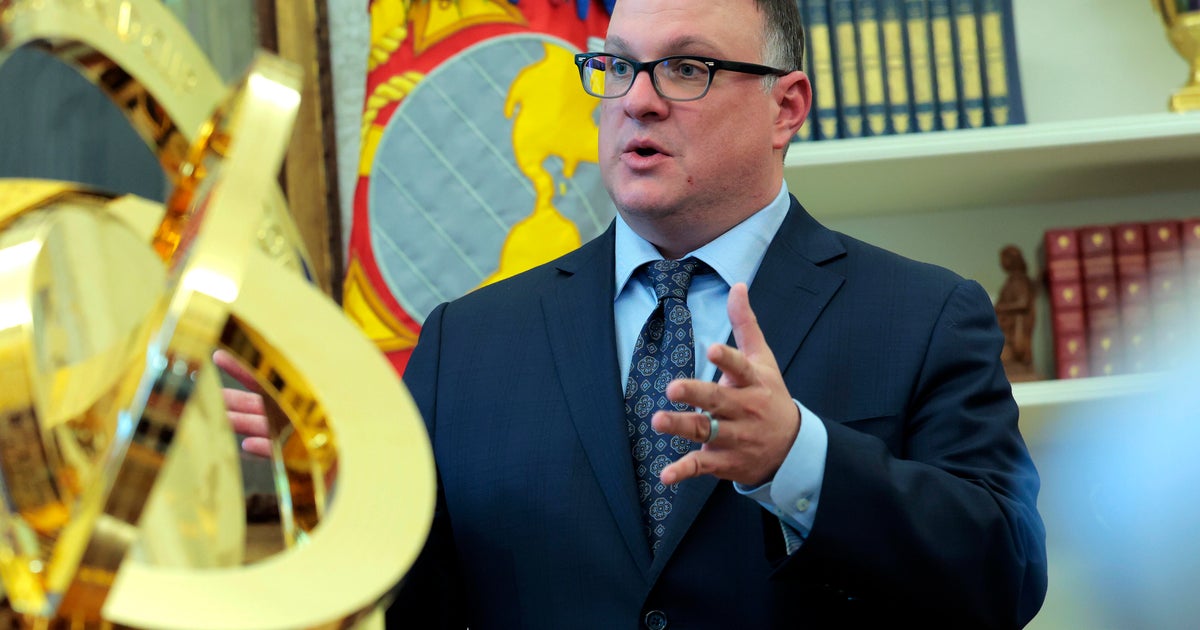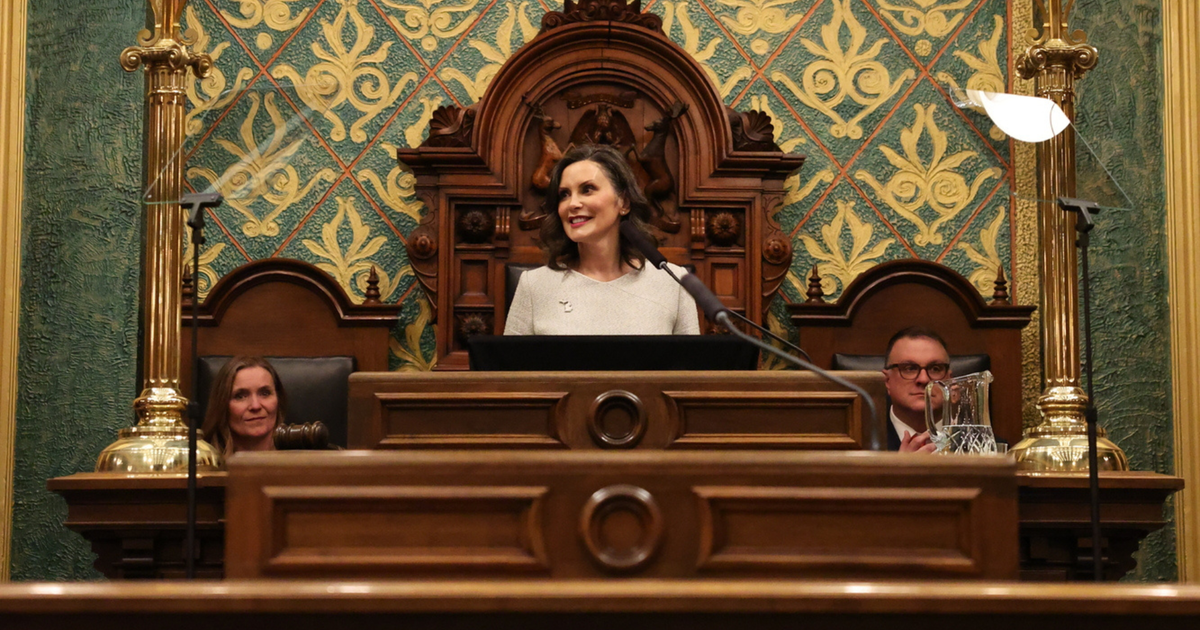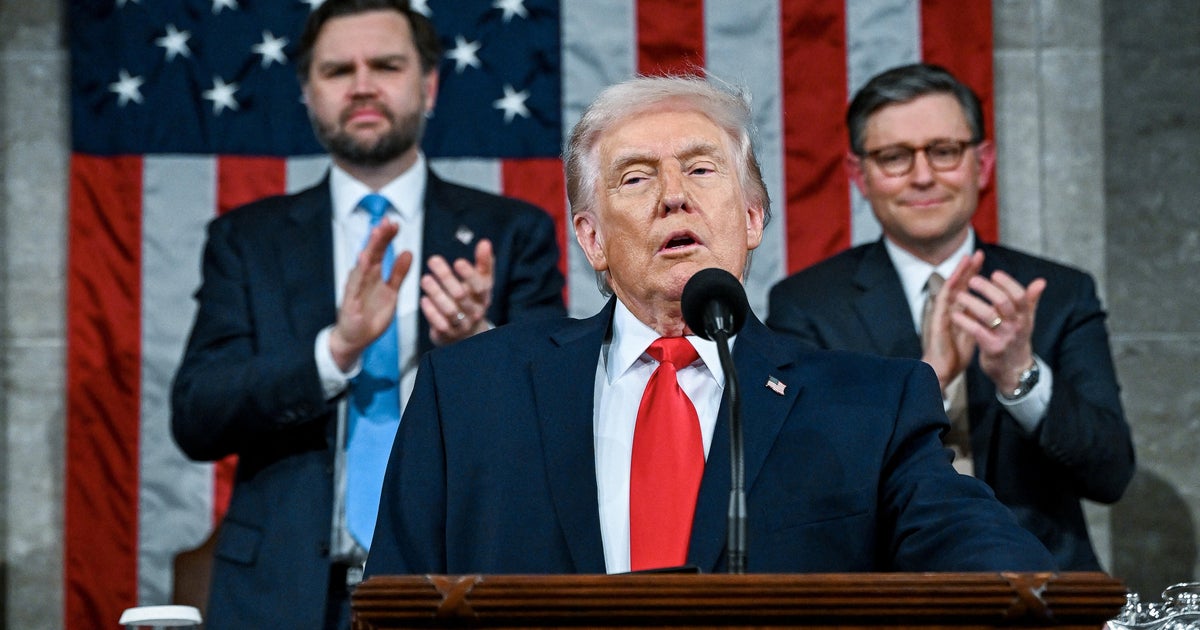Minnesota legislature set for chaotic start as fight over balance of power intensifies
ST. PAUL, Minn. — Lawmakers return to the state capitol on Tuesday for the first day of the legislative session.
Or will they?
Looming special elections and a partisan fight over who can and should control the state House could keep Democrats in that chamber from showing up.
There's also an outstanding court case involving a Shakopee seat expected by session's start that could add yet another twist to what's already shaping up to be a chaotic and unprecedented first weeks of the Legislature.
Here's what's at play in St. Paul.
Why is there a power struggle in the House?
After November's election, the state House was headed for a tie and the DFL held onto their one-seat majority in the Senate. (That chamber was not on the ballot because they serve four-year terms, except for one special election to fill the seat left vacant when U.S. Rep. Kelly Morrision ran for Congress.)
GOP and DFL leaders were working through a power-sharing agreement because of that 67-67 member split, a situation not seen since 1979. But those discussions came to a halt when a judge ordered a DFL winner of a Roseville-area seat is ineligible to take office because he didn't live in the district he was elected to serve as required by law.
That gave Republicans a one-seat 67 to 66 edge, at least until a special election to fill the vacancy. GOP House Speaker-designate Lisa Demuth and her caucus declared that there was no longer a need for a power sharing agreement. Demuth and DFL House Speaker-designate Melissa Hortman had previously approved equal representation on committees and were in the midst of inking a deal for who would preside as speaker.
But Republicans said the one-seat edge gave them an organizational majority to elect a speaker and control committees, though 68 votes are needed to pass legislation off the floor.
Democrats fear that with such power, they will vote to remove DFL Rep-elect Brad Tabke from the chamber, regardless of how a judge rules in an election contest challenging the results.
It's why they say they will boycott the first day of session in absence of a power-sharing agreement in order to deny Republicans a quorum, or the minimum number of lawmakers required to conduct chamber business.
"That's an abuse of power that we would be willing to take extreme steps to block. And I think it's that abuse of power that puts us in this situation where we even have to consider that, and there's lots of tools on the table," Hortman said in an interview with WCCO this week. "We could show up and we could filibuster. We could talk for three weeks. So if you think about denying quorum, you could think of that as sort of a silent filibuster."
Both parties are at odds over the definition of a quorum: Republicans say 67 is the threshold because of the vacancy. Democrats say 68 is the magic number because the Minnesota Constitution says: "A majority of each house constitutes a quorum to transact business" and there are 134 seats in the House.
"We can do our jobs effectively when we show up and actually get to work," Demuth said in an interview. "I understand that the Democrats are upset that they lost a seat because of a candidate that lied. I understand the frustration. If it was flipped, I would be frustrated too. I would also recognize common sense math that 66 is less than 67 and Republicans have 67 members."
Regardless of the ending in this power dispute, it's clear that there will be divided government once again after two-years of a DFL trifecta—control of the House, Senate and governor's office.
What happens if Democrats don't show up?
Minnesota law requires the secretary of state to convene the House on the first day of session until a speaker is elected. DFL Secretary of State Steve Simon in a letter to leaders on Friday said his conclusion is that 68 members are needed for a quorum.
Based on his analysis, if there is no quorum the first day will end before it begins.
"If there are not 68 members present, I have no authority to take any further action and will adjourn," Simon said in a statement to reporters. "My legal conclusion is based only on a careful review of the state constitution and laws – not on political considerations of any kind."
Meanwhile, House Republicans are threatening recall elections for the members who don't show.
When are the special elections scheduled?
There are two special elections happening: one for House District 40B, the Roseville-area seat at the center of the court case in which a judge determined the DFL winner Curtis Johnson did not meet residency requirements; and another for the Senate District 60, which is left vacant by the death of DFL Sen. Kari Dziedzic, who passed away after a battle with cancer.
There is a primary for the Senate seat on Jan. 14, which is the first day of the session; no primary is needed for House District 40B. The special elections are scheduled two weeks later on Jan. 28.
Both districts heavily favor Democrats.
The temporary vacancy in the Senate means that chamber will begin with a tie. Both party leaders say they are working on a deal to ensure the Senate operates in an orderly fashion on day one.
When will we get a ruling from the judge in the other election contest?
Incumbent Democrat Brad Tabke defeated Republican challenger Aaron Paul by 14 votes in House District 54A. But Paul and the House Republican campaign filed an election contest seeking a new election because 20 ballots in one precinct were likely thrown in the trash.
Judge Tracy Perzel, who presided over the two-day trial in the election contest for House District 54A, said she would make a ruling by the first day of session.
How about DFL Sen. Nicole Mitchell, who faces a felony burglary charge?
Mitchell is accused of breaking into her estranged stepmother's home last spring to steal some sentimental items that belonged to her late father. She has pleaded not guilty to first-degree burglary.
Her trial is scheduled for the last week of January, but in a motion filed with the court Friday, attorneys representing the Democrat from Woodbury are seeking a delay until after the session is over in May.
They cite a state law stating that "no court proceeding shall be tried or heard during a session of the legislature" involving a member of the Legislature.
A judge has not yet responded to the request.
All of these dynamics aside, what are Democrats' and Republicans' priorities for this session?
The big task for the state legislature is to approve the next two-year state budget before session ends to keep the government and its services open and running. Gone are the massive budget surpluses and now the legislature is staring down a potential $5 billion deficit in future years, which will inform their decision-making.
WCCO interviewed all leaders ahead of the first day of session.
Demuth, who leads House Republicans, said her caucus wants to make energy more affordable by lifting the moratorium on nuclear energy production; crack down on fraud in public programs; and free up education dollars tied to certain policy requirements so districts can use the funding as they please.
"You're not going to see tax increases. We're not going to make Minnesota more expensive for people to live here," she said.
Senate Minority Leader Mark Johnson, R-East Grand Forks, agreed with Demuth that making the cost of living more affordable for Minnesotans is top of mind. He condemned the DFL-led legislature's 40% increase in spending in the last budget and tax increases they approved.
"Whether it's property taxes, income taxes, business taxes of all sorts, we've got an overblown state government," Johnson said. "How can we address families' needs before we address government's needs?"
House Democrats want to continue working on making child care, housing and health care more affordable, said DFL House Speaker-designate Melissa Hortman. She doesn't anticipate a slate of significant policies, but instead will focus on standing up programs that passed the last two years—from legal recreational cannabis to paid leave.
"There were a lot of bold changes, but the state government can only absorb so much change so fast. So really, right now, it's about implementation," she said.
Senate Majority Leader Erin Murphy, DFL-St. Paul, believes despite all the bitter partisan fights, both parties can still find common ground on issues that matter to Minnesotans.
"There is bipartisan support, I think, to make sure our hospitals are well funded. There is bipartisan support on emergency medical services, on improvements to mental health care, making sure our kids are getting a great education in our public schools," Murphy said.

